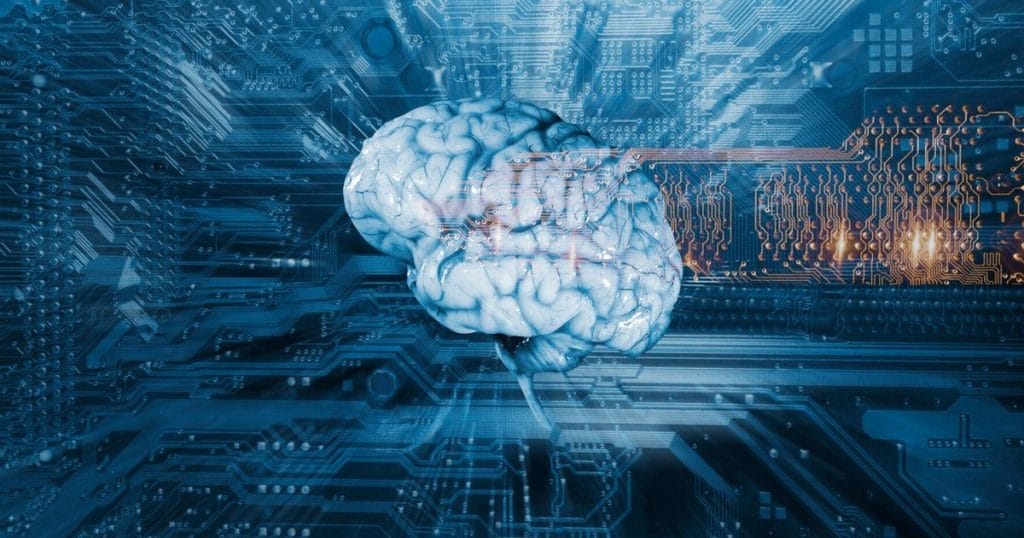The Role of AI and ChatGPT: Transforming Communication and Technology
August 30, 2024 2024-08-23 13:54
The Role of AI and ChatGPT: Transforming Communication and Technology
What is AI?
Artificial Intelligence (AI) refers to the development of computer systems that can perform tasks typically requiring human intelligence. These tasks include learning, reasoning, problem-solving, understanding natural language, and even recognizing patterns. AI has rapidly evolved in recent years, becoming an integral part of various industries, from healthcare and finance to entertainment and education.
One of the most exciting applications of AI is in the field of natural language processing (NLP), where machines can understand, interpret, and generate human language. This is where tools like ChatGPT come into play.
What is ChatGPT?
ChatGPT is a language model developed by OpenAI that uses machine learning to generate human-like text based on the input it receives. It is built on the GPT (Generative Pre-trained Transformer) architecture, which is designed to predict the next word in a sentence, allowing it to create coherent and contextually relevant responses.
ChatGPT can perform a wide range of tasks, including answering questions, writing essays, summarizing content, generating creative writing, and even engaging in conversations. Its ability to understand and generate text has made it a powerful tool in various fields, from customer service to content creation.
Key Uses of AI and ChatGPT
- Customer Service and Support:
- ChatGPT can be integrated into customer service platforms to provide instant responses to common inquiries, assist with troubleshooting, and offer product recommendations. This reduces the workload on human agents and ensures that customers receive timely support, enhancing their overall experience.
- Content Creation:
- AI-powered tools like ChatGPT are transforming content creation by generating blog posts, social media updates, product descriptions, and more. Writers can use these tools to brainstorm ideas, draft content, or even create entire articles, making the writing process faster and more efficient.
- Education and Tutoring:
- In education, AI-powered chatbots like ChatGPT can serve as virtual tutors, helping students with homework, explaining concepts, and answering questions in real-time. This personalized support can enhance learning outcomes and make education more accessible.
- Healthcare:
- AI is revolutionizing healthcare by assisting with medical diagnoses, recommending treatment plans, and even analyzing patient data. ChatGPT, in particular, can be used to provide health information, schedule appointments, and guide patients through symptom checkers, improving healthcare accessibility and efficiency.
- Language Translation and Learning:
- ChatGPT can help users translate text between languages, making communication across different linguistic groups easier. Additionally, it can assist in language learning by providing explanations, practicing conversations, and correcting grammar.
- Creative Writing and Entertainment:
- Writers and creators can use ChatGPT to generate story ideas, dialogue, and creative content. Whether it’s crafting a new script, writing poetry, or coming up with innovative product concepts, AI-powered tools can provide inspiration and bring new ideas to life.
- Business Automation:
- In the business world, AI tools can automate tasks such as drafting emails, generating reports, and analyzing data. ChatGPT can help professionals with administrative tasks, freeing up time for more strategic work.
- Personal Assistance:
- AI-powered personal assistants like ChatGPT can help manage daily tasks, such as setting reminders, scheduling meetings, and providing recommendations. These tools can make life more organized and efficient for users.
The Benefits of AI and ChatGPT
- Efficiency: AI can process large amounts of data and perform tasks much faster than humans, leading to increased productivity and reduced operational costs.
- Accessibility: AI tools like ChatGPT can make services and information more accessible, breaking down barriers related to language, location, and time.
- Personalization: AI can tailor experiences to individual users, providing personalized recommendations, support, and content.
- Innovation: AI fosters creativity and innovation by generating new ideas and solutions that might not have been possible through traditional methods.
Challenges and Ethical Considerations
While AI and ChatGPT offer numerous benefits, they also come with challenges. Privacy concerns, data security, and the potential for bias in AI-generated content are significant issues that need to be addressed. Additionally, the increasing reliance on AI raises questions about job displacement and the need for regulation to ensure ethical AI use.
The Future of AI and ChatGPT
As AI continues to advance, tools like ChatGPT will become even more sophisticated and integrated into daily life. We can expect to see AI playing a more prominent role in fields such as personalized medicine, autonomous vehicles, and smart cities. The potential for AI to transform industries and improve lives is immense, but it will require careful consideration of the ethical implications and ongoing collaboration between technology developers, policymakers, and society.
Conclusion
AI and ChatGPT represent the forefront of technological innovation, transforming the way we communicate, work, and live. By harnessing the power of AI, we can unlock new possibilities and address some of the most pressing challenges of our time. However, as we continue to integrate AI into our lives, it is essential to approach its development and use responsibly, ensuring that the benefits of AI are accessible to all and that its risks are managed effectively.
Related Posts
The Role of AI and ChatGPT: Transforming Communication and Technology
August 30, 2024 2024-08-23 13:54Popular Tags






























